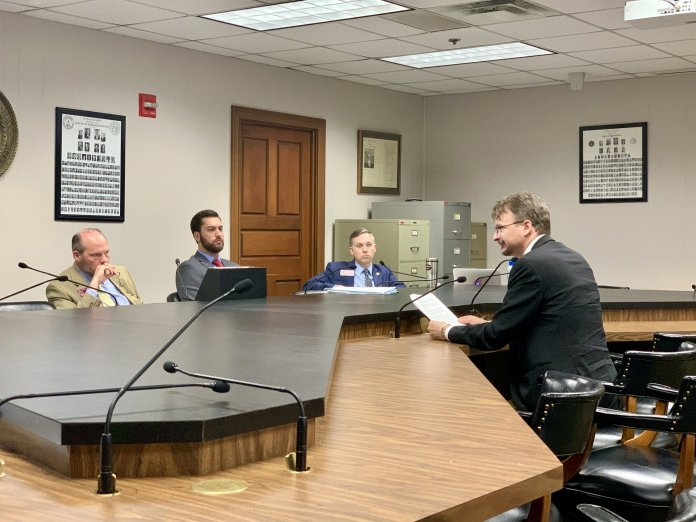As therapists we know the ravishing effects of sexual abuse on a developing mind. For many of us it is welcome news that more states are making organizations pay a heavy price for a culture that is quietly permissive of sex abuse. To date, 45 states have raised the age limit to above 30 to seek civil remedies and six allows victims of any age a window of time for legal recourse.
But the battle for a more just world remains hard fought. Every time hidden predator legislation has been introduced, equally coordinated opposition has followed from the groups that stand to lose the most. The Catholic Church, Boy Scouts of America, insurance companies, and special interest groups argue it will result in a tsunami of lawsuits, the abusers of a past administration are long gone, and victims have waited too long.
These types of arguments have been used to kill child abuse bills for over a decade. “Since 2009 alone, state lawmakers from both sides of the aisle have tried at least 200 times to extend the civil statute of limitations for child sexual abuse cases”, according to USA TODAY.
But the arguments are problematic. For one thing, while the fear of a flood of litigation might be warranted by institutions with a history of sex abuse like the Boy Scouts — 12,000 incidents to date — a ‘tsunami’ of claims in general is simply not backed up by the data available from states that have extended the statute of limitations or providing for a retroactive window that allows for entity liability. The specter of herds of people cashing in is a scare tactic that does not reflect the rare monumental step it is for victims to seek justice.
But the bigger problem with the argument is the conception of the harm. Sex abuse trauma does not abide by a statute of limitations. At the time of the incident, it is often so disorienting and disruptive that it is easier to bury the trauma within, a dark secret we take to the grave. But as we know repressed trauma can lead to anxiety, depression, isolation, acting out, addictive behaviors, wrecked relationships, and even suicide. This can go on for decades before a person might turn to therapy and even then it could be years before the trauma and abuser are confronted. As a result, most survivors of sex abuse don’t even come forward until their late 40s.
Clearly the passage of time should not, in and of itself, insulate institutions from liability for their actions, regardless of whether the harm is cancer, physical injury or sexual abuse.
As a survivor of sexual abuse, I know first hand what it is to live through the arc of trauma, self-destruction, reconstruction, and justice. I am one of 18 plaintiffs suing Darlington School in Rome, Georgia for neglecting to protect us from sex abuse. I saw the toll it took. One classmate committed suicide. The others struggled. But as often is the case by the time we came to grips with the abuse, the door for restitution was shut outside of novel legal actions.
Currently Georgia’s statute of limitations to bring a civil suit is 23, an age when the human brain is not even fully developed. Georgia, along with South Dakota, Louisiana, Missouri, Alabama, and Ohio essentially make it harder for victims to access justice and easier for institutions to run out the statute of limitations clock. In 2019, I gave testimony at the state capitol of Georgia on behalf of victims, urging lawmakers to strengthen Hidden Predator laws. While I don’t know the legislative outcome of this advocacy, I do know that ‘the times, they are a-changin’. In this #MeToo era, we are seeing a new collective wave of social justice and we therapists are a part of this.
We may not be able to prevent all predators from entering institutions, but with advocacy and strong legislation we can ensure victims have access to justice, entities are deterred and held accountable for a lax system of oversight, and our children, brothers, and sisters have a safer world than we had.

